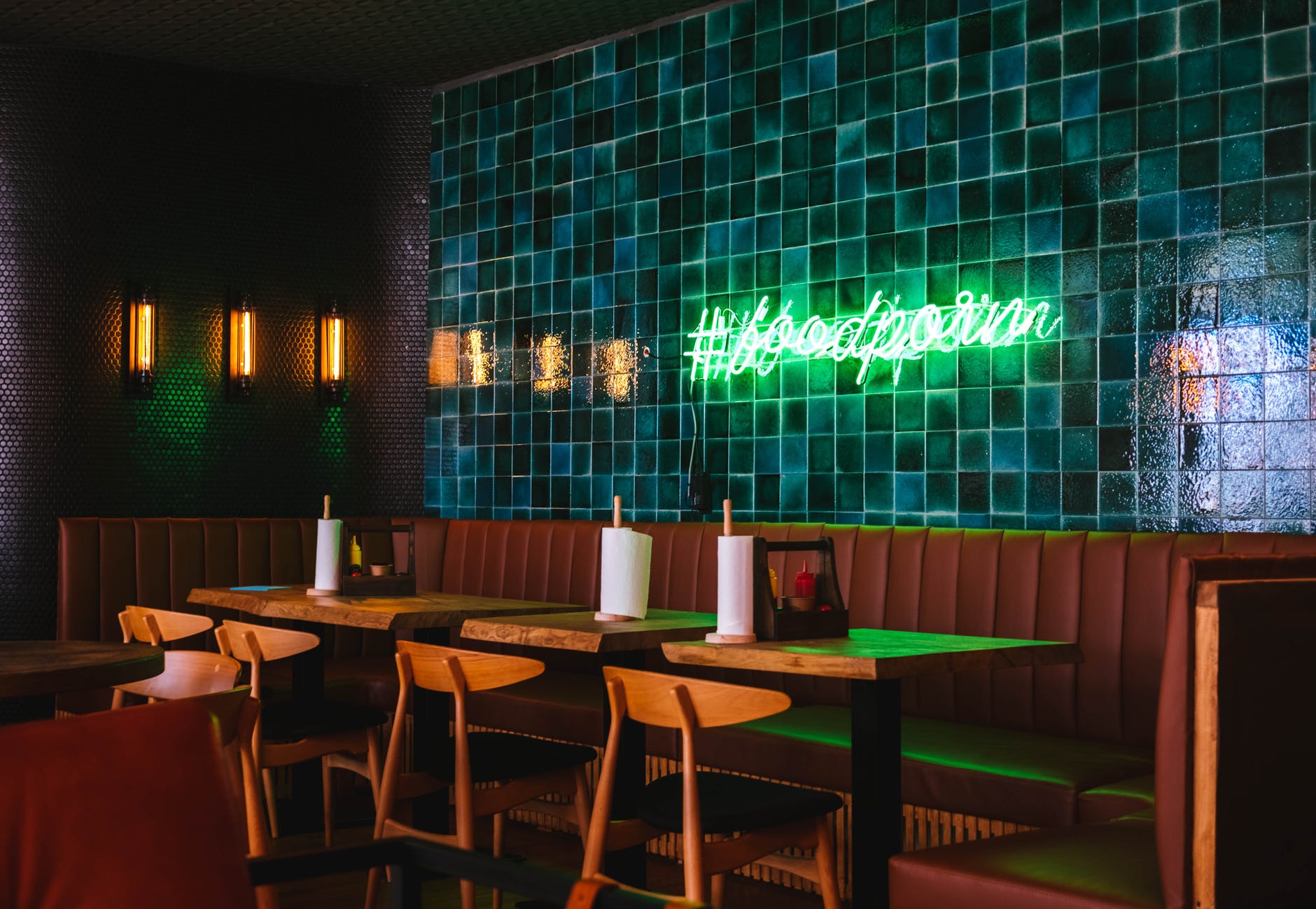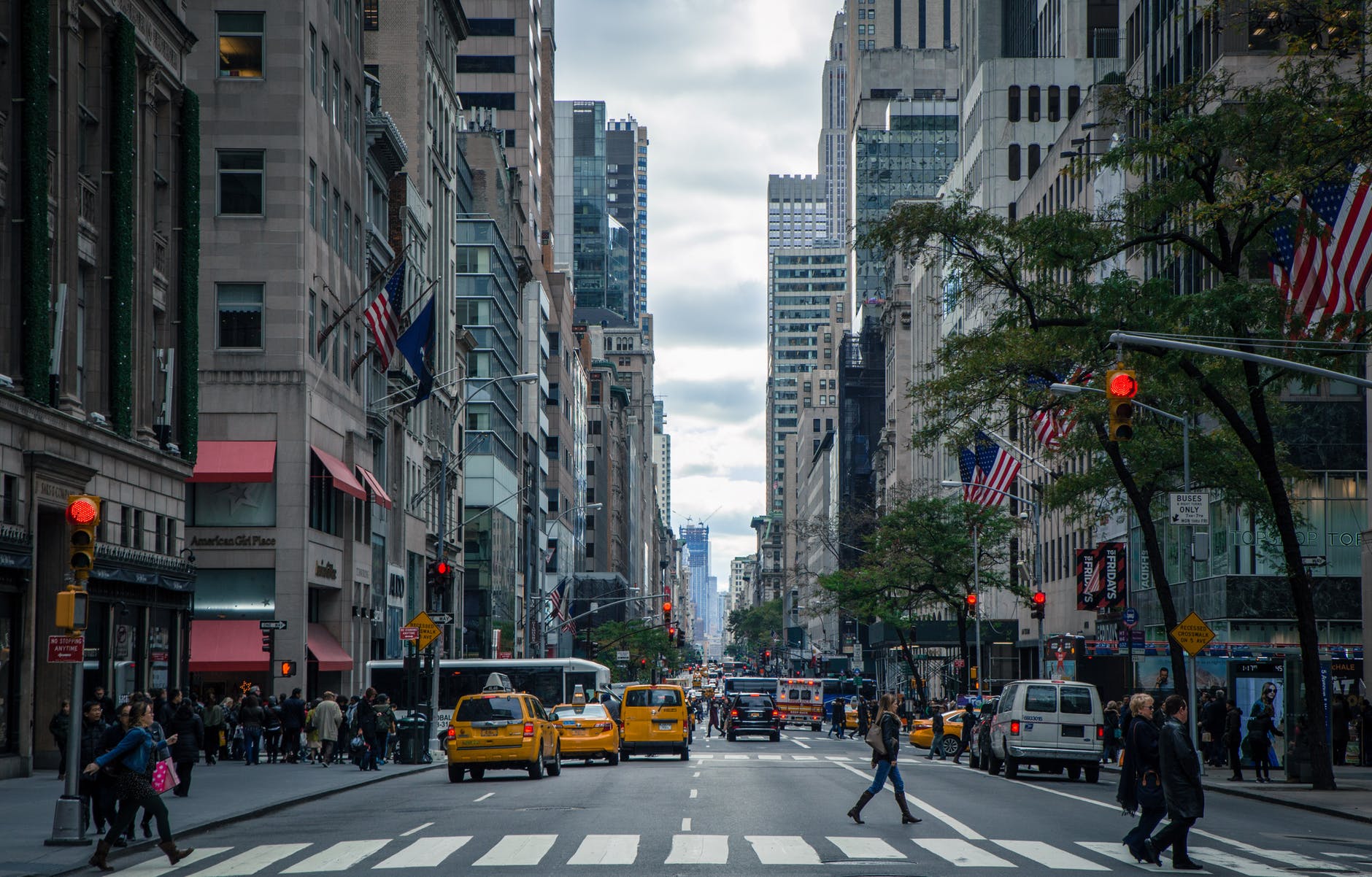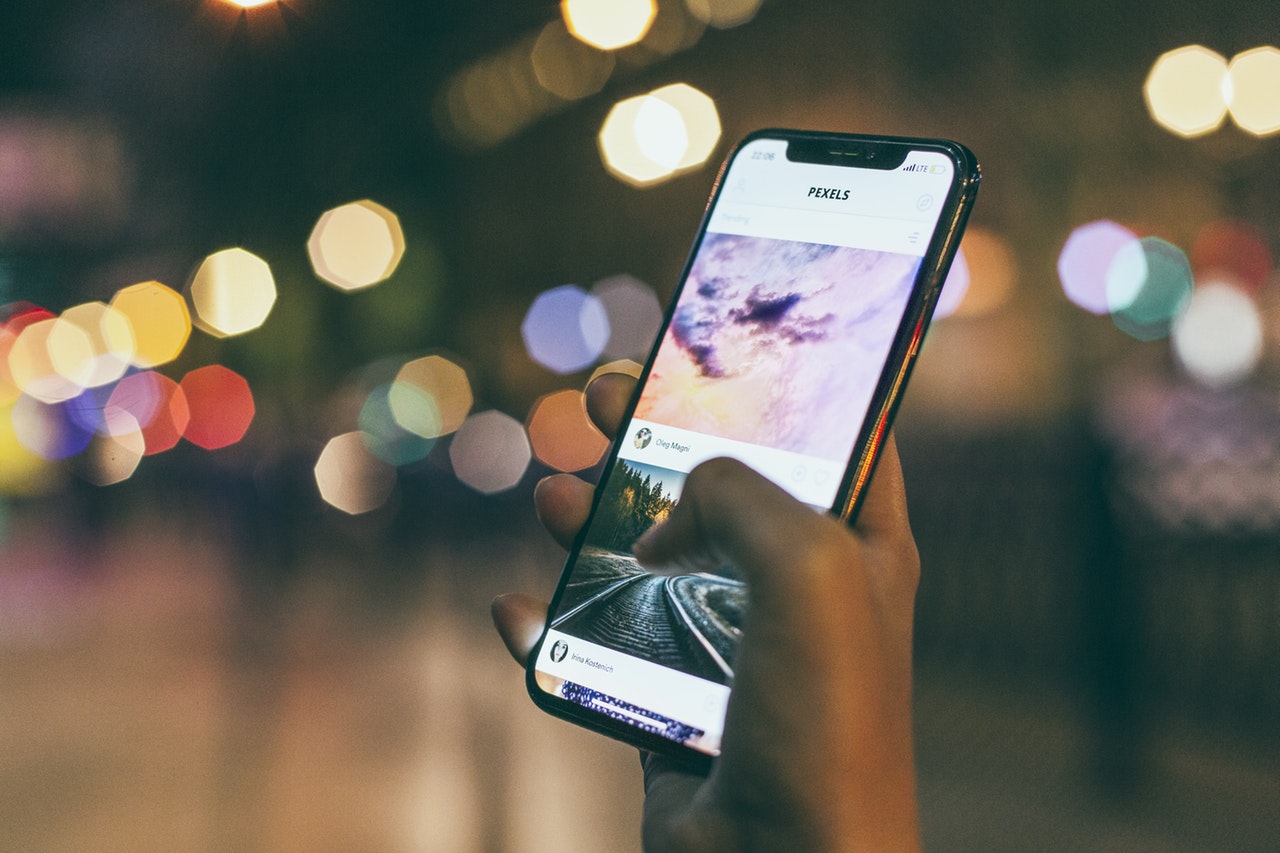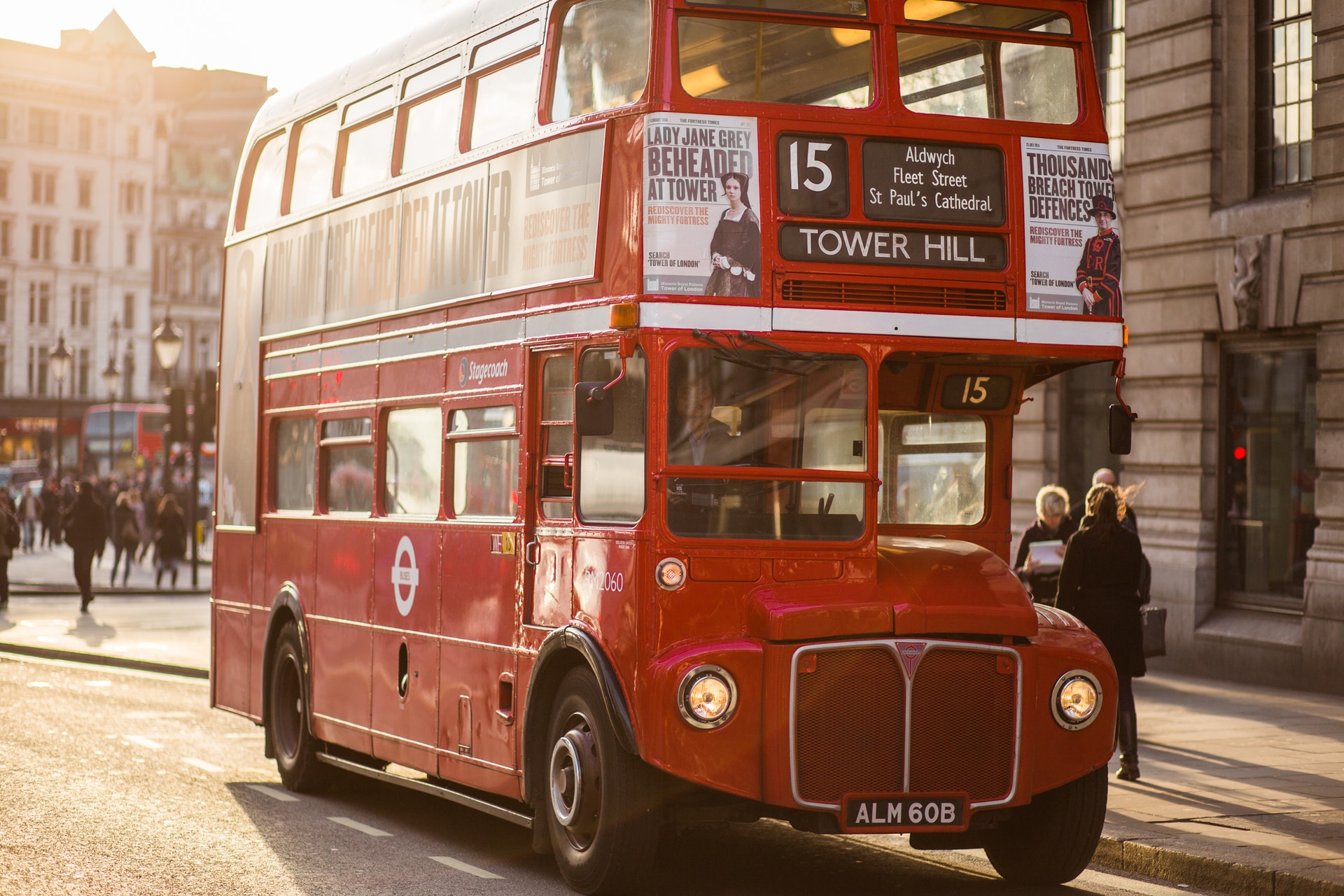About Time: We Were Proud of What We ReadBy David Keevill
If the Thames is the main artery of London, then the underground is a series of veins that tracks the lifeblood of the capital from relative suburbia into the centre of one of the world’s most important financial districts, across a thriving cultural hub and back out again into bunched satellite towns.
The tube, a necessary evil for nearly every Londoner hoping to commute in an affordable fashion, has always had its fair share of stigmas attached to it. It’s busy, unpredictable and leaves us far too intimately acquainted with the un-deodorised. At the same time, it’s London’s unkempt darling. Tales of the underground punctuate every capital-dwellers second conversation. Everyone has their own horror stories which they indulgently tell, spinning fond yarns about their line with pride.
If you do things right, the underground is a stifling elbow-gauntlet within which to attempt to escape into that book you’ve been meaning to get to; suspended animation to live out a literary existence millions of miles away from your own sweaty, uncomfortable present. A chance to relish Mr Darcy’s courting of Elizabeth, whilst ignoring uninspired match.com adverts jostling into your eyeline.
Of late, an unhealthy slew of social media-created voyeuristic sites have popped up, relishing the tube-based quirks of others. Ranging from the pointlessly invasive to borderline stalking, mobile technology has facilitated the rise of the ‘citizen journalist’.
Coinciding with this boom in commuter-based scrutiny is an increased sense of anonymity amongst the travellers of London, which is most evident in how people spend their time on the tube. The availability of e-readers, glut of e-book apps and the prevailing free London rag seem to have dominated over the less convenient paperback. Gone are Jeffery Archer hefty books, replaced by sleek Kindle Fires and suited men glued to the latest iteration of Candy Crush Saga.
The advantage of taking an e-reader on a packed train is obvious – but only needing one hand to hold one isn’t the sole reason that we’ve ‘gone digital’. Since 2011, when it became worthy of shame and derision to read EL James’ Fifty Shades of Grey in public , we’ve cottoned onto the advantage of hiding in plain sight.
What’s more, without dog-eared book hanging out of our bags, we’re becoming sucked into the giant amorphous blob that is London. Whereas a birthday card lovingly crammed into a hardback or a coffee stain indicating a late night might shed a glimpse of humanity on a particularly miserable morning, our fellow passengers are barely distinguishable.
It may sound insignificant, but the implications are far-reaching, and reflect the state of our divided society. 8.3 million people live in the capital (that’s 1.9 million people more than the entirety of Ireland), and yet we’re a distant population, barely able to empathise across the oceans of societies and ethnicities than exist in the city. Our tube paths are microcosms of these patchwork cultures; our daily journeys take us through poor, affluent and ethnically rich zones, and bring us nose to nose with citizens of this global urban sprawl. Yet our interactions with fellow commuters are condemned by an unwritten code. Try and spark up a conversation and you’ll find yourself fixed by reproachful eyes attached to craning necks. We’re designed to be suspicious and self-contained, drawn into a society that favours personal success over altruism. It speaks volumes about what we’ve come to accept when it’s more taboo to interject over racist rants on public transport than to share the video on facebook.
Now, reading a book on the tube is hardly going to bring about any kind of seismic change to our rooted anti-social behaviour. It does, however, show a statement of intent that reproaches the close-minded individuals that thrive on the ‘abnormal’ manners of other people. Why shouldn’t you, as an adult, take pleasure in reading Harry Potter? Hell, what’s to stop you rattling through a load of Beanos on your ride into work? If someone finds your choice of book laughable, then they’ve clearly got too much time to squander on needless cynicism.
Stories are one of the last great bastions of popular appreciation. There’s something triumphant when you get a nod of acknowledgement from a fellow passenger when pulling out the same Song of Ice and Fire instalment as him. A good book is age-spanning, race-transcending and has no truck with a perception of hierarchy.
Apparently readers are better partners – the argument being that people who have the dedication to get through a book and can see through the eyes of others, are far more likely to possess the empathy and hard-work needed for a long-term relationship.
There is something here. Living in London is an exhausting, often debilitating experience, even before you feel like your personal pleasures have been taken away. If your choice to read in public, like any of our individual freedoms, gets you through the day, then you should hold onto it with pride.









































